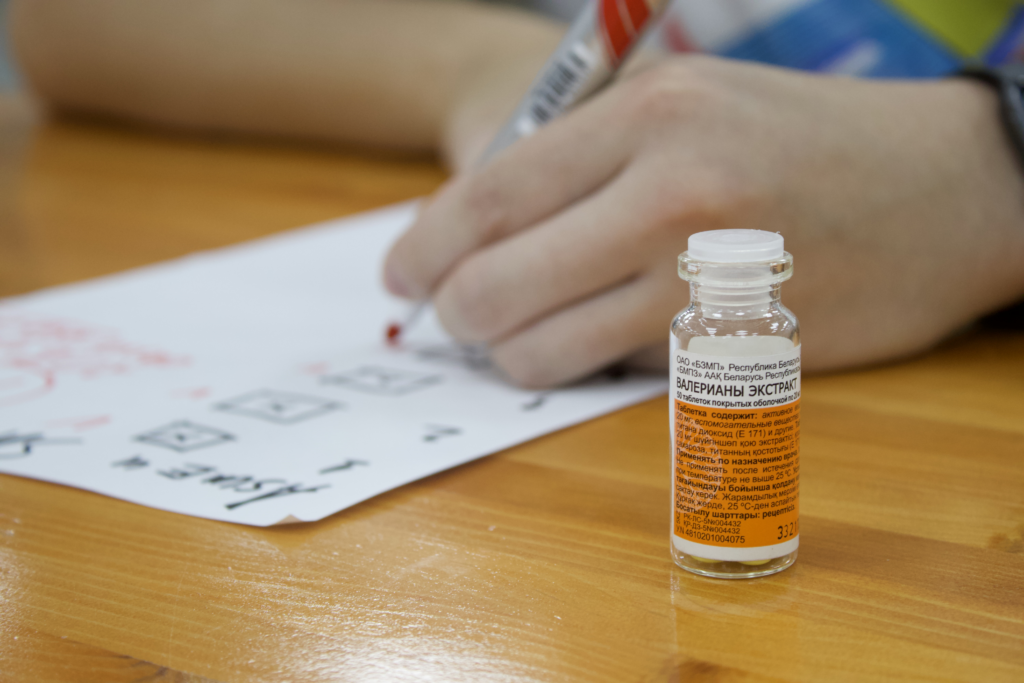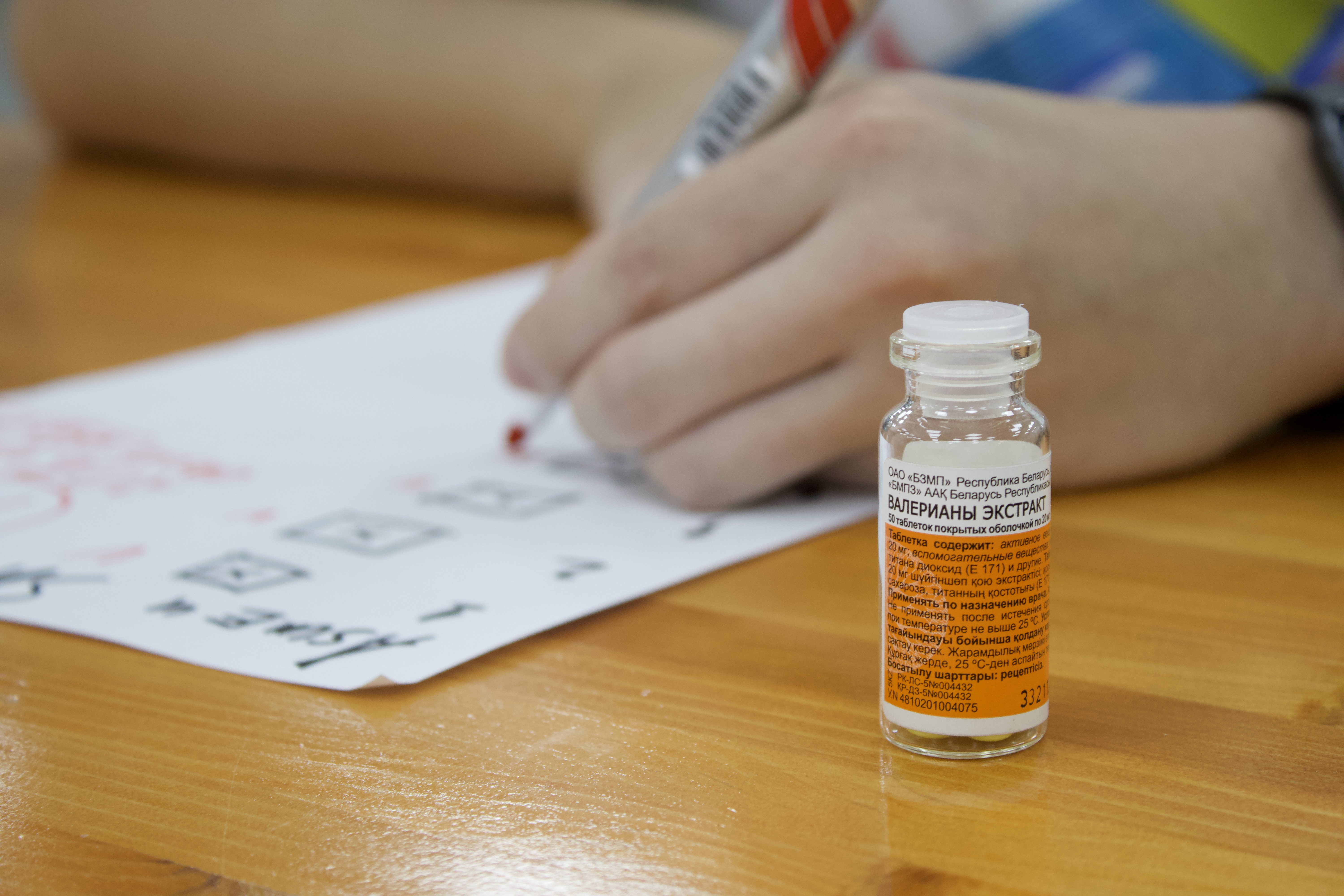
space. (Illustration by Alan Sailybaev)
Many students remain upset and confused by the attendance policy adopted a year ago that varies by professor but could cause them to fail a course for missing more than six classes, they said recently.
When students miss more than 20% of their classes, they can be dropped from the course, and the reason of those absences does not matter. It could be a disease, funerals or a hangover. Other professors don’t drop students but typically, students who miss more than 6 classes for whatever reason still face severe point deductions from their final grade. For some students, arriving late to three classes can be counted as one absence, and for other students if they are more than 10 minutes late, it is marked as an absence.
The policy has led many students to worry about their grades for potentially unforeseen circumstances.
“I started to be afraid for my grades,” said Adina Saddanova, a third-year student studying cognitive science.
“I had a class that used to start at 10 a.m., and I was often late,” she said in Russian. “At the end of the course I had six absences, despite knowing all material well and got A+. It was pretty stressful for me.”
Many students and faculty members declined to comment about the attendance policy on the record fearing they might be pulled into the controversy.
Indeed, when the policy was first announced last year, many students spoke out against it.
One group of students conducted a survey and said more than 80% of respondents said they did not like the new policy and asked their student government to discuss the issue with the administration to cancel the reform.
People wanted to know if they could provide a medical certificate to negate their absences, and at the beginning the answer was no. For many courses, the answer is still no.
Ultimately, the policy was adjusted, giving professors the power to determine how to account for students’ presence in the classroom and what penalties to apply for missing classes.
“Grade F for the whole course is too much, but there should be some kind of policy,” said Ainur Samsayeva, an adjunct faculty member. “Maybe F for the whole course could work with 40% of skipped class.”
“KIMEP makes policy decisions based on international best practices, that are supported through international accreditation,” said Dr. Damian Andreas Riviez, Vice President of Academic Affairs in an e-mail.

